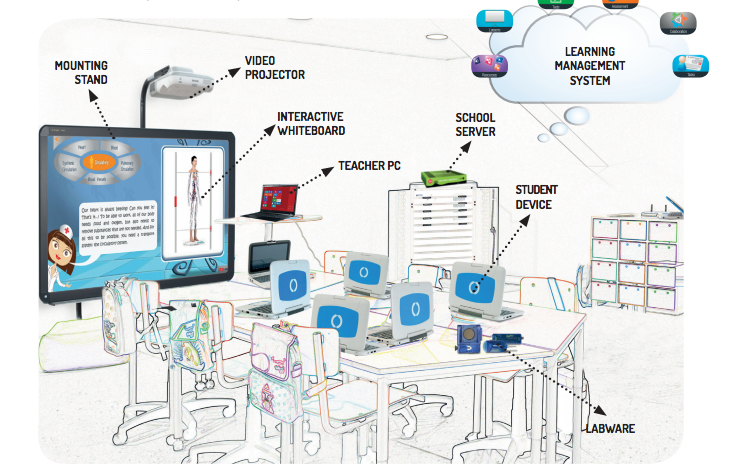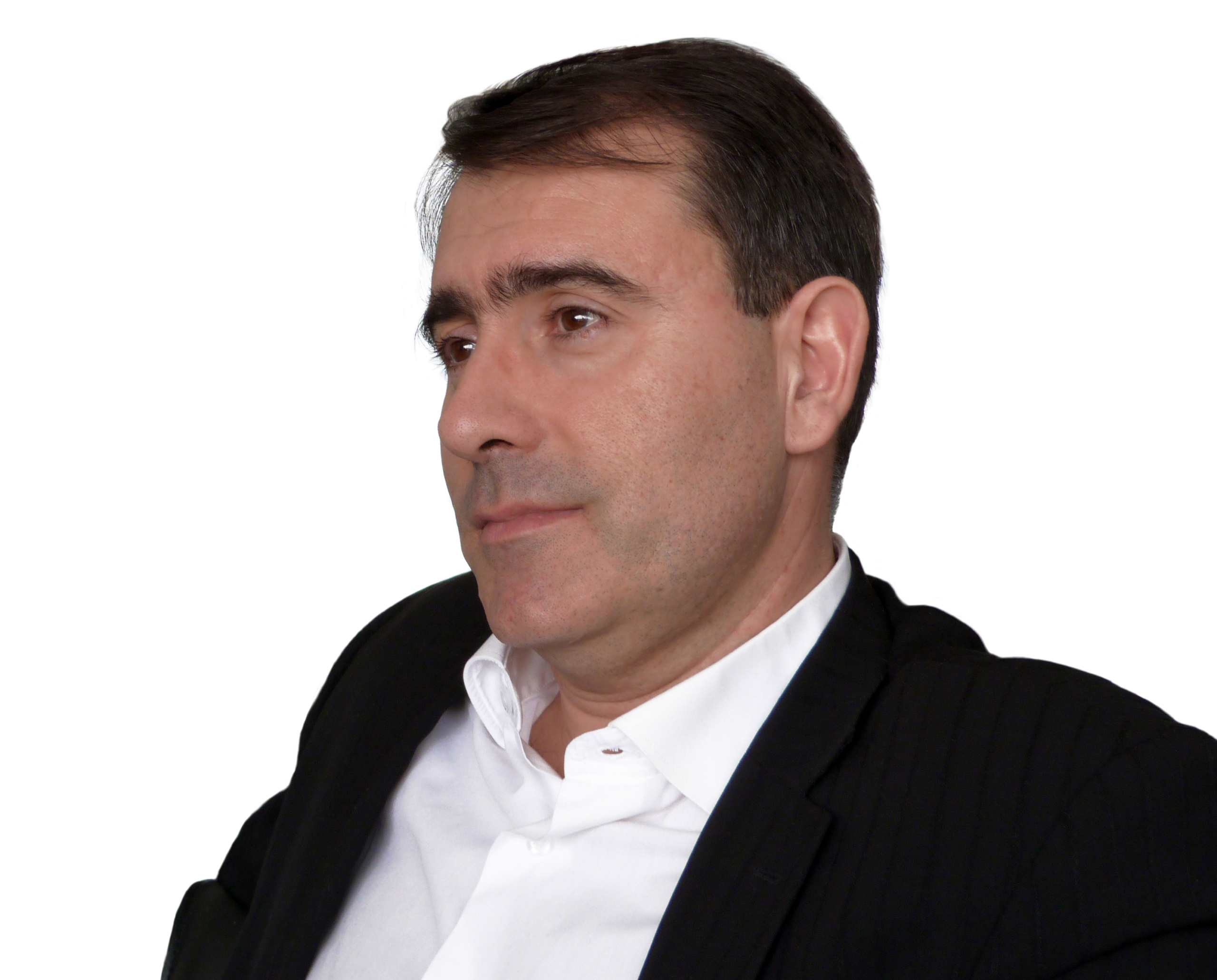Reaching 15 Million Kids: A Q&A With Mario Franco, Millennium@EDU

Photo Courtesy of Millennium@EDU.
As the push for free, universal education grows and the playing field for changemakers expands, new niches within education development are cropping up — as are the organizations willing act as an authoritative voice among them. Millennium@EDU, a multi-stakeholder initiative and nonprofit, is an emerging leader

Mario Franco, Millennium@EDU Founder and Chairman
within the IT industry that provides technology solutions for education. Mario Franco, Millennium@EDU’s Founder and Chairman, describes the organization’s space in the information, communication, science, and technology (ICST) field as an “independent broker” which unites the strengths of different companies to implement education initiatives across the world. GBC-Education members Microsoft and Intel currently partner with the nonprofit to provide software and hardware, respectively. Right now, both companies are involved in a government project in Perugia, Italy. To learn more about how Millennium@EDU partners with businesses and other education actors, check out GBC-Education’s Q&A with Franco below.
Q. A large part of Millennium@EDU’s “global vision” is motivated by its mission to reach 15 million students. Can you elaborate more about what this means?
A. We develop ICST — information, communication, and scientific technologies — for education projects at the regional-, local-, school-, national level, and international levels. These projects, in our opinion, are more challenging than they look. Especially, because they need a strategic vision and holistic vision. For example, we must combine different devices with a lab, with content, with support services, and even with the teacher training [for a particular project]. To implement a project, you need a vision — and a strategy — and it is not possible to use only one component or another component. You need to have a global vision.
Q. So when you’re creating initiatives at these different levels you must rely heavily on the moving parts of different partners. How do you create the most fruitful partnerships?
A. I think there are two things we learned which are in our DNA. First, the job to be done [to deliver education to kids] is so huge that everybody is welcome to contribute. In general terms, there is no competition, the need is very great and everyone is welcome. We can do much better if we can work together. That’s the first lesson. The second lesson is, we believe very much in the balance of cooperation and competition: Coopetition. We believe in partnerships between different institutions, between profit and nonprofit and between different [business] competitors. In a competition framework, trying to identify which areas you can compete and which areas you can cooperate with the same partners changes project by project day by day.
Q. What’s Millennium@EDU’s role once those partnerships are formed?
A. Our objective is to create a project where everybody can participate. Then we work as a platform which helps to promote the development of a project. This involves training them through our own work or through our own partners. And if a school, or even a country trying to do a project needs to identify the best solutions, the best products or the best technologies, then we need to help them understand what technologies are available and what kind of problems they have. In this case, we work as a facilitator to bring on these partners to be able to quickly identify the partners, the technologies, the solutions, and the challenges to develop the project.
Q. Aside from strong partnerships, how do you create a lasting project or initiative?
A. We don’t want to be the star. Instead, we provide our network and contacts to our partners. All the projects and all the media will be managed locally. We can help them to position the project — but they have to define the project themselves showing their branding. If, at the end of the day, our projects are completely identified with the company or the region and not with Millennium@EDU we are very happy. We think there is a sense of ownership in the projects this way. It’s very important for the local partners to feel their own project is the best project in the world.
